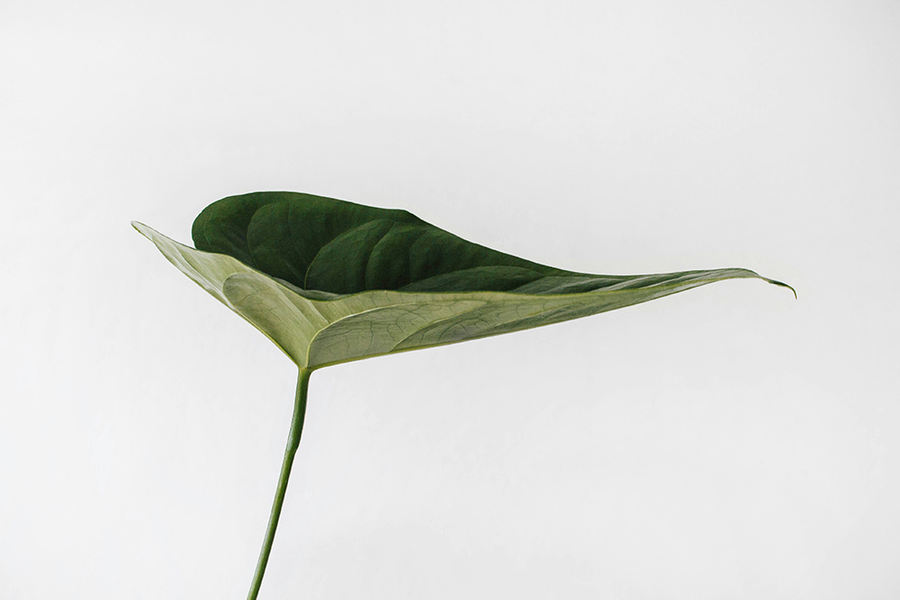New potent Lactobacillus strain: One of the latest Prof. Baltadzhieva's findings

In 2013 Prof. Maria Baltadzhieva and her colleagues published a research report on a study to identify a potent probiotic strain from a collection of over 100 Lactobacillus bulgaricus isolates from rural Bulgarian yogurts. The study aimed to find a strain capable of surviving the harsh conditions of the human intestinal tract, particularly low pH levels and high bile salt concentrations typical in the digestive system.
Through a series of experiments, the researchers identified strain K98 as the most resistant. It was the only strain that could survive exposure to bile salts and highly acidic environments (down to pH 3!). Strain K98 was also found to be fully susceptible to antibiotics, making it safe for consumption.
To test its effects on the human gut, 20 healthy volunteers consumed homemade yogurt made with strain K98 for 15 days. Fecal samples were collected before and after the yogurt intake, and analysis showed that L. bulgaricus K98 survived the digestive process in all participants. Furthermore, there was a significant increase in beneficial lactic acid bacteria and a decrease in harmful bacteria like Bacteroides. These shifts in microbiota composition were accompanied by increases in key short-chain fatty acids, which are linked to gut health and anti-inflammatory effects.
The study concludes that strain K98 is a promising probiotic candidate due to its ability to survive in the human gut and positively influence gut microbiota and fatty acids production.
Publication: Vázquez et al., Nutrición Hospitalaria, 2013
Japanese people have a taste for healthy food deeply rooted in their ancient culture and cuisine. Despite Japan not being among the world's top dairy consumers, it has a longstanding love for Bulgarian yogurt. Since 1972, when Bulgarian lactobacilli strains were first imported into the country, the Japanese conglomerate Meiji Holding has been manufacturing Bulgarian yogurt.
Today, these probiotic products are consumed by over 40 million Japanese citizens, making up an impressive 38% of the population.
This LB-backed dietary tradition has become synonymous with robust health and longevity.

From a research perspective, Meiji established Meiji Dairies Corp. to advance its expertise in probiotics. Over the years, it has conducted more than 350 clinical trials and patented numerous potent strains. Meiji now produces 700 tons of yogurt daily across its 29 factories and distributes 32 dairy products containing Bulgarian bacterial species.
Since 1972, when LB yogurt first appeared in Japan, the country's life expectancy at birth has increased by almost 20% (16.3 years). In light of this, it is plausible to hypothesize a correlation between the increased life expectancy of the Japanese population and the health benefits of probiotic yogurt.
Bifidobacterium: Protection from day one
Bifidobacterium species are among the first to colonize the human gastrointestinal tract shortly after birth.
New potent Lactobacillus strain: One of the latest Prof. Baltadzhieva's findings
The study aimed to find a strain capable of surviving the harsh conditions of the human intestinal tract.
